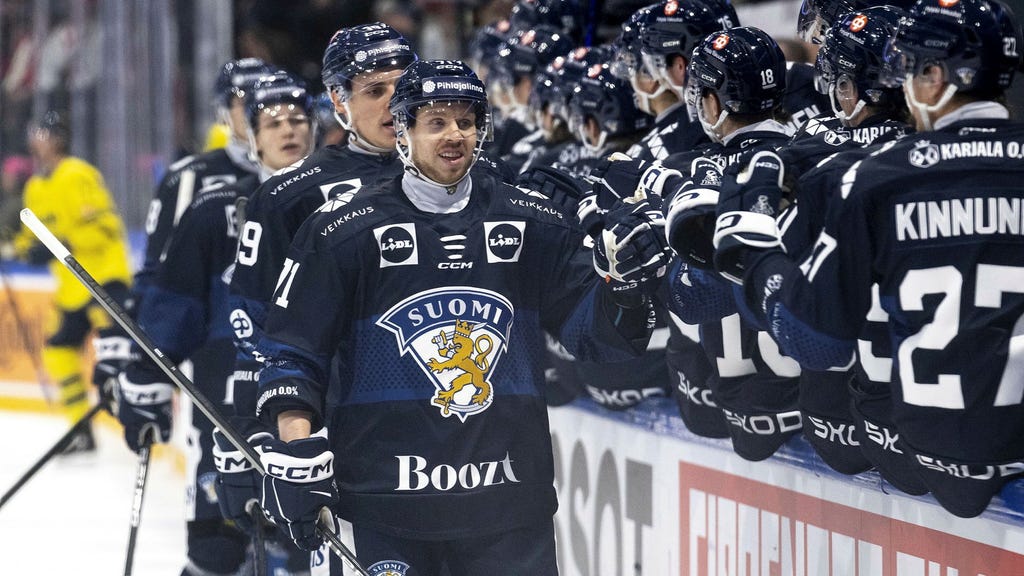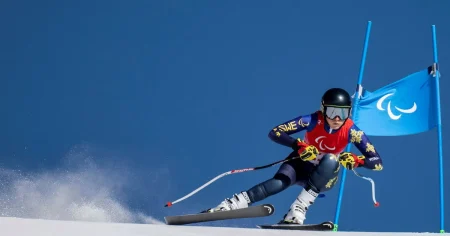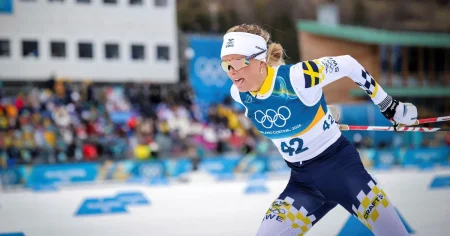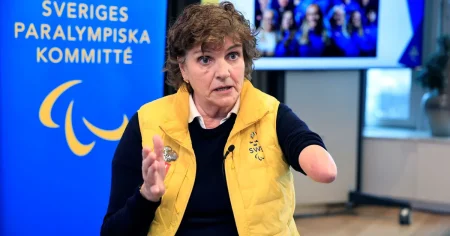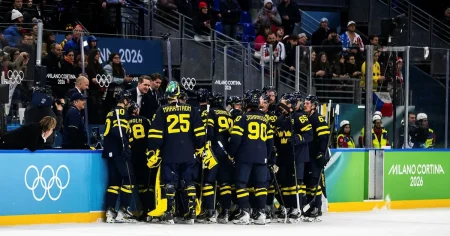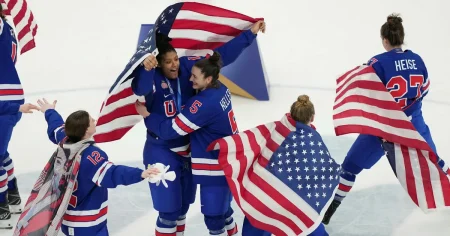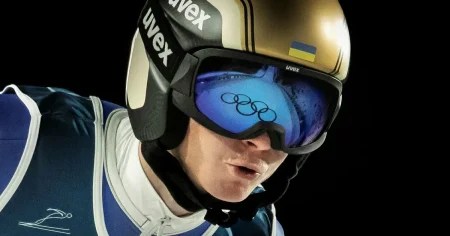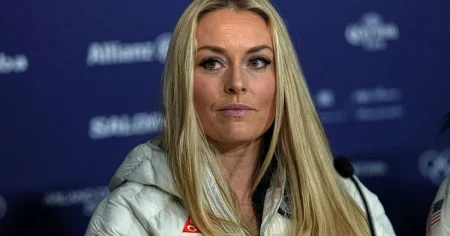The Swedish national ice hockey team, Tre Kronor, suffered a significant defeat against Finland in the Swiss Hockey Games, losing 3-0. The loss exposed several weaknesses in the Swedish team’s performance, raising concerns about their current form and preparedness for upcoming tournaments. Finland dominated the game from the start, controlling the puck possession, dictating the pace, and effectively neutralizing the Swedish attack. Tre Kronor struggled to generate scoring opportunities and appeared disjointed and outmatched throughout the match. Head coach Sam Hallam expressed his disappointment, characterizing the performance as a wasted game and acknowledging the team’s subpar execution.
The Finnish victory was built upon a solid defensive foundation and opportunistic scoring. Their defense effectively shut down the Swedish forwards, limiting their entries into the offensive zone and disrupting passing lanes. When Sweden did manage to create a chance, Finnish goaltender Jussi Olkinuora was sharp, making crucial saves to preserve the shutout. Offensively, Finland capitalized on their chances, scoring once in the first period and twice in the second. Their goals came from a combination of skillful plays, well-placed shots, and taking advantage of Swedish defensive lapses. The third period saw Finland expertly managing their lead, preventing Sweden from mounting any sustained pressure and securing the 3-0 victory.
The loss raises questions about Sweden’s offensive struggles. They failed to generate consistent offensive pressure, struggling to establish a presence in the Finnish zone and create high-quality scoring opportunities. Their passing was often inaccurate, their entries into the zone were easily disrupted, and their shots were frequently blocked or missed the net entirely. The lack of offensive production highlights the need for improved puck movement, more effective entries, and better decision-making in the offensive zone. The team will need to address these issues in their upcoming practices and games to become a more consistent offensive threat.
Furthermore, the Swedish team’s overall performance lacked the intensity and cohesiveness typically associated with Tre Kronor. They appeared disjointed and out of sync, struggling to connect passes and maintain possession. Their defensive coverage was also inconsistent, allowing Finland to create dangerous scoring opportunities. This lack of cohesion and intensity suggests a need for improved team chemistry and communication, as well as a renewed focus on the fundamentals of the game. The coaching staff will need to address these concerns to ensure the team performs at its expected level.
The defeat against Finland serves as a wake-up call for Tre Kronor. It highlights the need for significant improvements in several areas, including offensive production, defensive consistency, and overall team cohesion. The coaching staff will undoubtedly analyze the game closely to identify the specific weaknesses that need to be addressed. This loss, while disappointing, presents an opportunity for the team to learn and grow, ultimately striving to regain their dominant form. Moving forward, Tre Kronor must focus on refining their offensive strategies, tightening their defensive coverage, and improving their overall team play.
The upcoming games and practices provide a crucial opportunity for Tre Kronor to implement the necessary adjustments and build momentum. The team must learn from this defeat and use it as motivation to improve their performance. They must focus on playing with greater intensity, executing their game plan effectively, and developing better chemistry on the ice. The coaching staff will play a vital role in guiding the team through this process, providing feedback, implementing new strategies, and ensuring the players maintain a positive and focused mindset. The road to redemption will require dedication, hard work, and a commitment to continuous improvement. Only through these efforts can Tre Kronor hope to regain their winning ways and contend for championships in the future.





